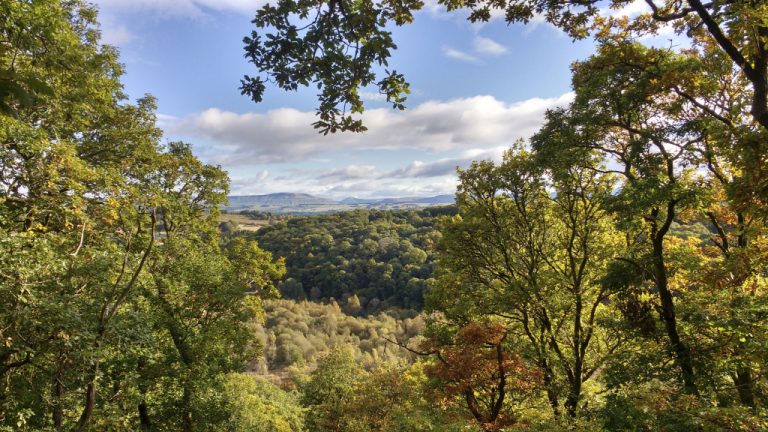

DiversiTree will provide woodland managers with the knowledge and tools required to enable them to increase the resilience of their woodlands to climate change, and pests and diseases.
£520k
2 years

Many of the UK’s trees are threatened by climate change and a range of pests and diseases, which might limit their ability to contribute to carbon storage and the wide range of other benefits delivered by woodlands. We, therefore, need to make our woodlands resilient to these future threats. One commonly proposed approach to increase the resilience of woods is to increase their tree diversity. Thus, spreading the risk amongst many different trees, as we don’t know exactly how each tree species will respond to climate change, nor what threats from pests and diseases they may face decades into the future.
However, woodland managers have different perceptions of diversity, and how management may best deliver it, and we know that different tree species will support the woodland ecosystem in different ways. Therefore, it is important to combine stakeholders’ knowledge with ecological knowledge to identify which tree species and management approaches best deliver diversification that increases resilience.
DiversiTree will provide woodland managers with the knowledge and tools required to enable them to increase the resilience of their woodlands to climate change, and pests and diseases. Researchers will do this by assessing the potential to diversify the tree species composition of our woods with both native and/or non-native species.
DiversiTree’s four main objectives are to:
Dr Ruth Mitchell, The James Hutton Institute
The James Hutton Institute, Royal Botanic Gardens Edinburgh, RSPB, University of Birmingham, NatureScot, Forest Research and The Woodland Trust